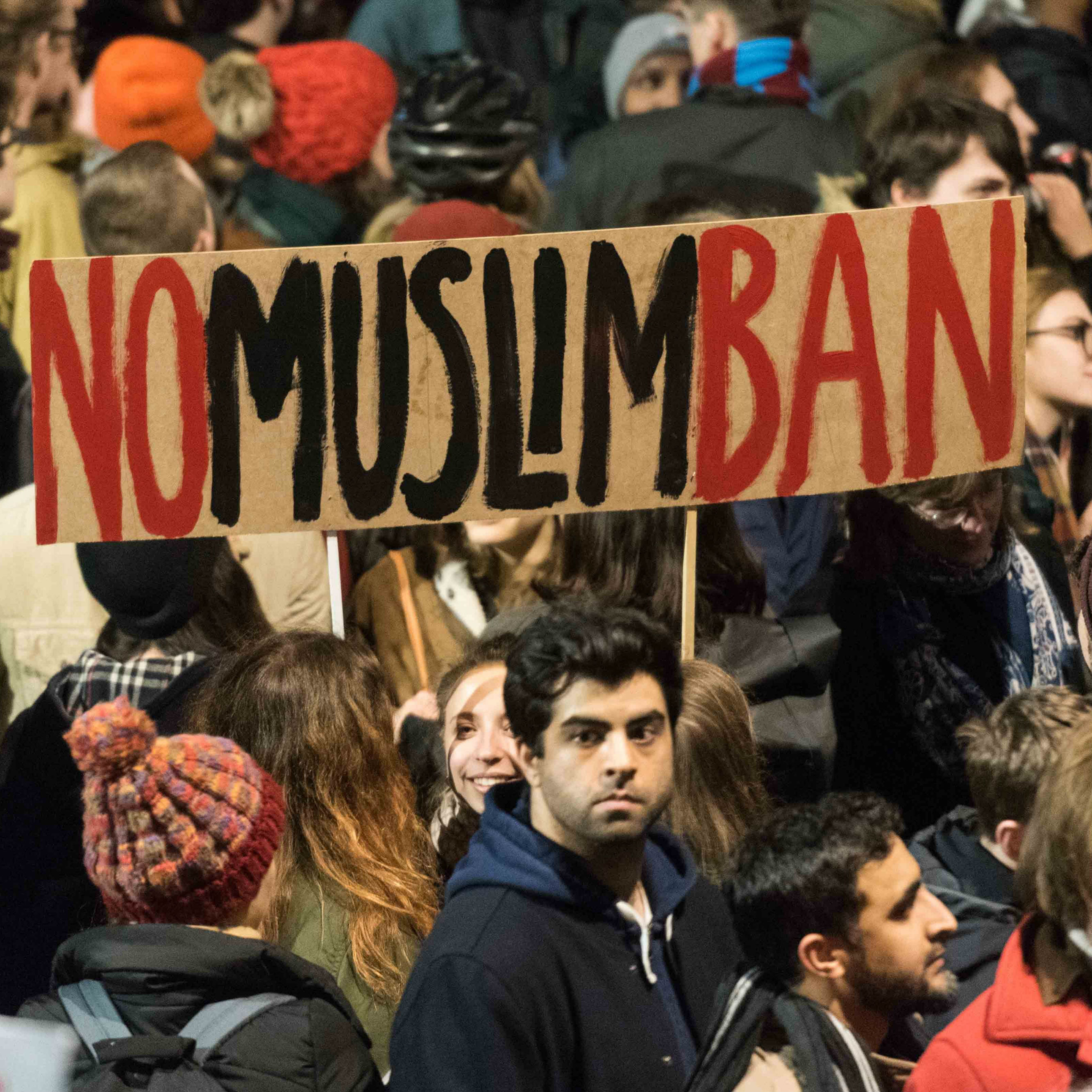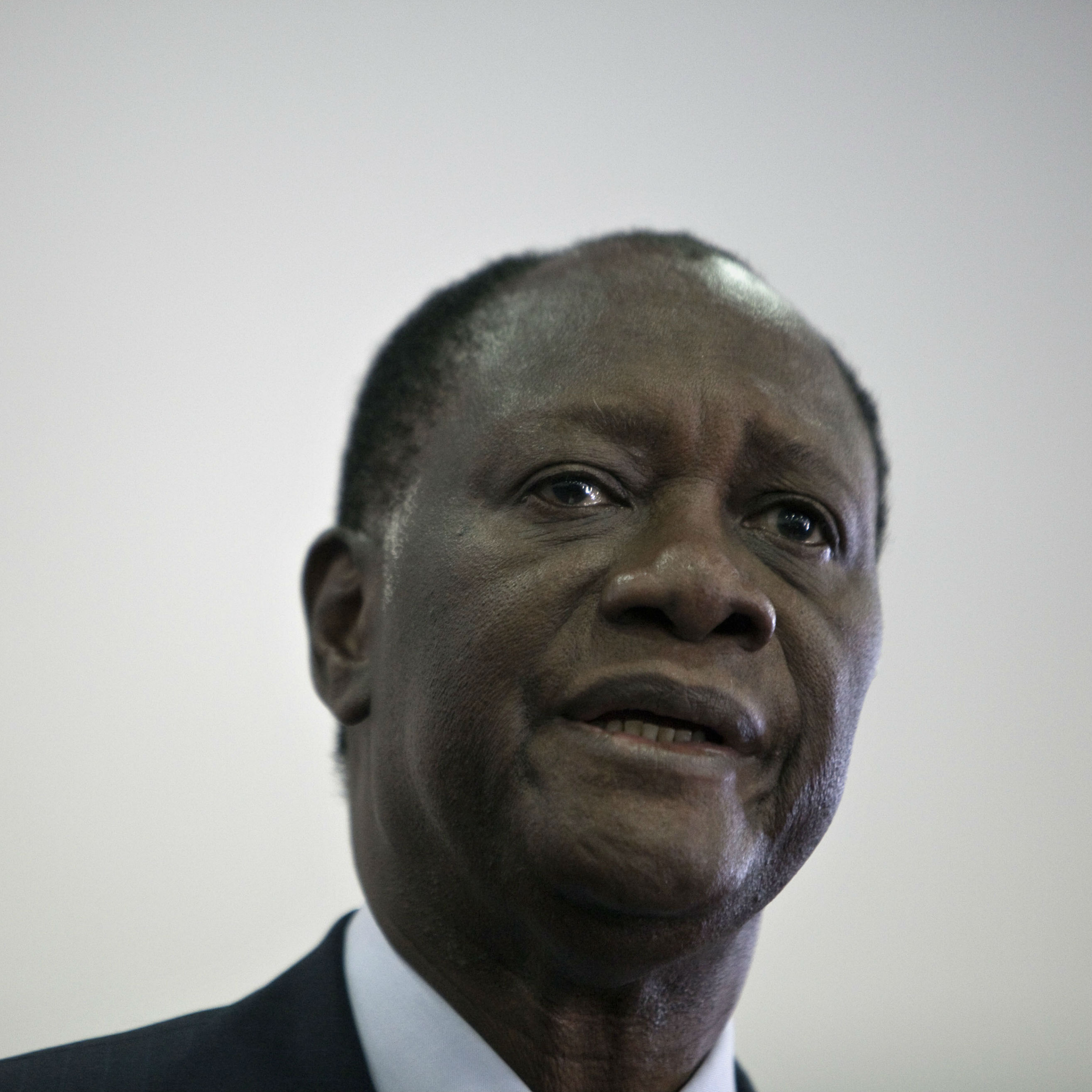The Catholic bishops of Ivory Coast have warned that continuing unemployment and economic inequality will block the path to reconciliation after weeks of civil warfare and military uprisings.
Angry soldiers demanding salary increases and the payment of bonuses seized control of Ivory Coast's second-largest city, Bouake, in early January, in an uprising that spread to other cities over the following weeks.
Troops broke into a military barracks in Bouake, according to Reuters reports, and stole a cache of weapons. The renegade soldiers then circled the city on motorbikes, firing shots in the air to disperse crowds.
Heavy gunfire is reported to have erupted in Ivory Coast’s second-largest port city, San Pedro, on 18 January, and at a base in Daloa, the main trading hub in the western cocoa belt.
Ivory Coast is the world's leading cocoa producer, and prices rose as the unrest escalated. The forced closure of the country’s main port in Abidjan, its commercial capital, temporarily halted all of the country’s cocoa exports.
President Alassane Ouattara, who is also facing a wave of public sector strikes, ordered his defence minister and military chiefs to hold urgent talks with members of the security forces about their grievances in a bid to quell the instability.
In a statement published on the 23 January, the country’s bishops said clashes are continuing and the current unrest, “far from calming spirits, is inciting passions and anxieties.”
The bishops thanked the Government of President Ouattara for attempts to develop the French-speaking country, but they urged greater efforts to “redistribute the fruits of growth” and ensure equal justice and security for all.
“Many youngsters who hoped for a better life are expressing disappointment and bitterness more and more. If we are not careful, this worsening climate risks gravely compromising all registered gains, the fruits of our work,” the bishops said.
Their statement urged the Government to find ways to help citizens to advance in prosperity and said they would stand with the president in the process of dialogue and reconciliation.
They also said the ongoing trials of leaders charged with responsibility for past bloodshed are feeding new resentment, “instead of calming people down.”
A fractured military has long threatened to undercut stability in Ivory Coast, as the Government has struggled to bring former rebels from its nine years of civil war back into the fold effectively.
In recent years, however, Ivory Coast has shed its violent past to become one of Africa’s fastest-growing economies. President Ouattara has invested in roads, bridges and other infrastructure projects that have lured back multinational corporations that fled during the conflict. The country celebrated its first peaceful presidential election in two decades when Mr. Outtara was re-elected in 2015.
But last year, militants stormed a popular strip of resorts and killed more than a dozen people, leaving bodies strewn across a beach. The North African affiliate of Al Qaeda, Al Qaeda in the Islamic Maghreb, claimed responsibility for the attack, one in a series to hit west African capitals. Ivory Coast is also struggling with a serious deforestation problem and has been evicting cocoa-farming squatters from its lush, protected forests.
PICTURE: President Alassane Ouattara




 Loading ...
Loading ...